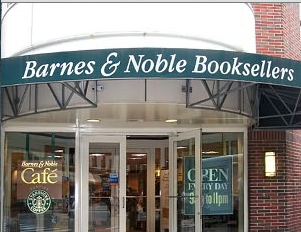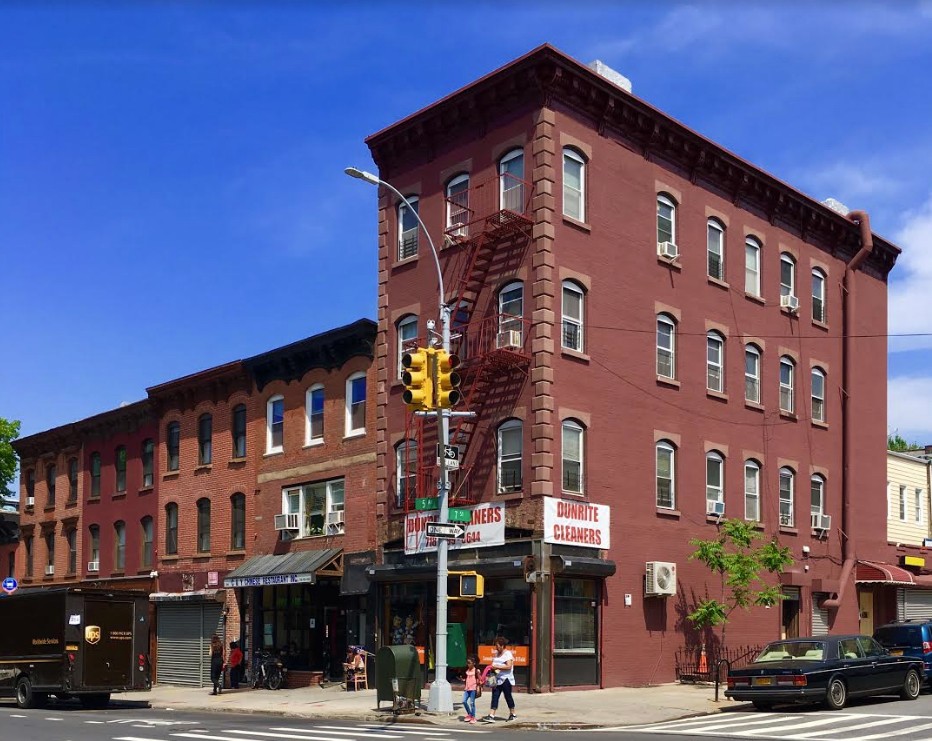‘Hot tea’ case against Park Slope Barnes and Noble moves forward

Evidence of an improperly secured lid and a wobbly table was enough to allow a Brooklyn Supreme Court justice to grant the continuation of a personal injury case against a Brooklyn Barnes and Noble.
In 2008, Jenna Hassan and her parents, Naeem Hassan and Nesrein Hassan, entered the Barnes and Noble on Seventh Avenue in Park Slope. The Hassans ordered a hot tea and brought it back to a table inside the store. Unfortunately, the table was wobbly and the hot tea, which was placed on the table, spilled onto the infant Jenna, causing serious injury.
The Hassan’s filed suit against Barnes and Noble and Starbucks, a Barnes and Noble vendor, alleging that Barnes and Noble and Starbucks failed to adequately train their employees. The Hassans asserted that the untrained employees served unreasonably hot tea, failed to properly secure the lid onto the tea cup, and neglected to remedy, or may have even caused, the wobbly table. All of the actions, the Hassans argued, caused Jenna’s burns.
